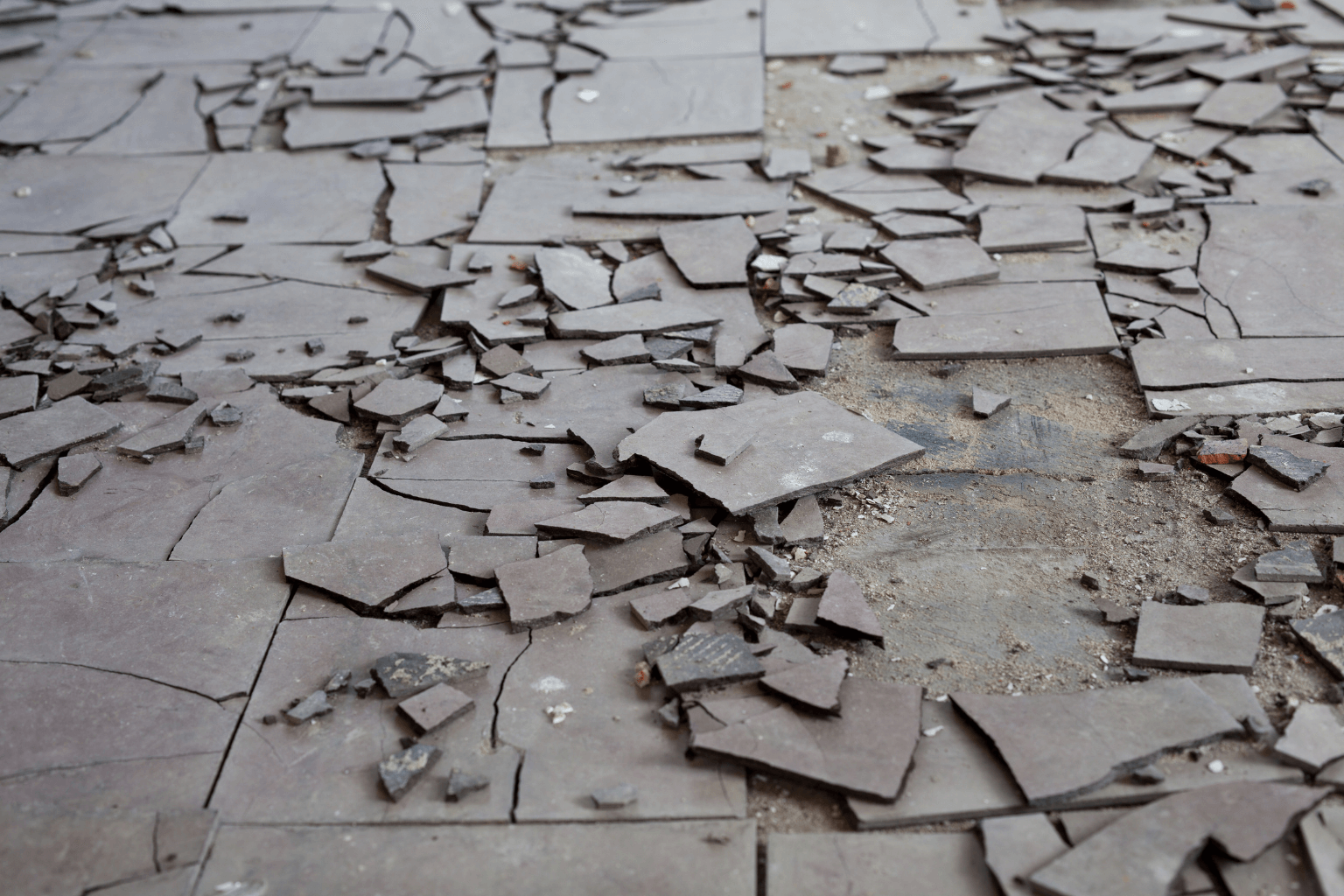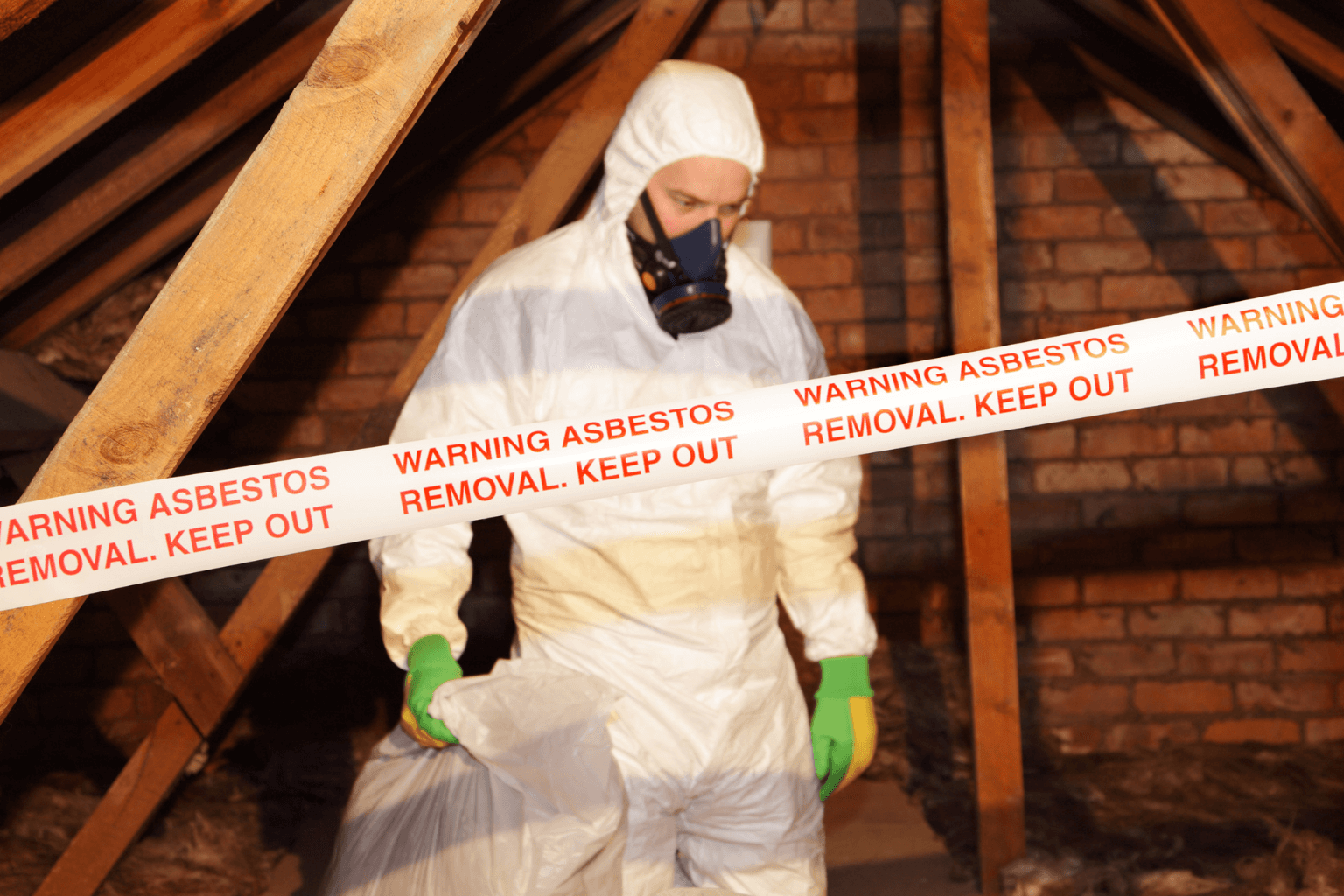What California Homeowners Should Know About Selling a House With Asbestos
Yes, you can sell a house with asbestos in California, but you must follow state laws. If your home was built before 1979, you may need to disclose any asbestos-containing materials. A professional asbestos inspection helps identify the risks, and there are safe ways to manage or remove it. With the proper steps, you can sell your home and keep buyers informed and confident throughout the process.
Must-Read Alert: While you're here, check out We Buy Houses With Code Violations. It’s packed with tips for handling hard-to-sell properties.
Key Takeaways
- You can sell a house with asbestos in California if you follow disclosure laws.
- California requires the disclosure of asbestos in homes built before 1979.
- An asbestos inspection is crucial for assessing any potential risks.
- Consider asbestos removal or encapsulation to improve safety.
- Keep records of inspections and remediation to build trust with buyers.
What Is Asbestos and Why Does It Matter?
Asbestos is a mineral once used in insulation, flooring, and ceiling tiles—especially in homes built before the late 1970s. It's now known to be dangerous, and it's found in many older California homes.
Suppose you're planning to sell a house with asbestos in California. In that case, it's essential to know where asbestos may be located and understand your legal responsibilities. Because asbestos can't be easily identified without lab testing, a professional inspection is the safest first step.

Health Risks Linked to Asbestos Exposure
Asbestos may be hidden, but the health risks are real. Long-term exposure can lead to:
- Asbestosis: Lung scarring that causes shortness of breath.
- Lung Cancer: Higher risk for people exposed over time, especially smokers.
- Mesothelioma: A rare, deadly cancer directly tied to asbestos exposure.
Even if the asbestos is not disturbed, knowing it's present can make buyers nervous. That's why responsible disclosure and management are essential.
According to the Environmental Protection Agency (EPA), asbestos is classified as a known human carcinogen, highlighting the importance of proper handling and awareness.

Legal Requirements When You Sell a House With Asbestos in California
State Disclosure Laws
In California, you're required to inform buyers about known asbestos under the Real Estate Transfer Disclosure Statement (TDS). This applies to homes built before 1979. You must mention:
- Any known asbestos-containing materials (ACMs)
- Past or current inspections
- Remediation efforts, if any
Failing to disclose asbestos adequately can lead to legal action later. If your home is located in areas like North Highlands, CA, make sure your local disclosures align with regional expectations.

Options for Handling Asbestos Before Listing Your Home
You're not required to remove asbestos before selling, but safe management helps ease buyer concerns. Here are your main options:
1. Professional Asbestos Inspection
Hire a certified inspector to check if asbestos is present. This helps you make informed decisions—and gives buyers peace of mind.
2. Asbestos Removal
If asbestos is damaged or in high-traffic areas, removal might be the best option. Only licensed professionals should handle this task.
Thinking ahead? Here's a helpful guide on capital gains tax when selling a house in California—it's something to keep in mind as you prepare your sale.
3. Encapsulation
If asbestos is in good condition, you can seal it to prevent exposure. Encapsulation is less expensive than removal and can still protect future homeowners.

Steps to Sell a House With Asbestos in California Safely
Selling a home with asbestos isn't impossible—it just takes planning. Here's how to do it right:
Step 1: Get an Inspection
Before listing, hire a professional to inspect your home. This will provide you with a clear report on the location of asbestos and its stability.
Step 2: Disclose Everything
Fill out the required real estate forms, including the TDS. Attach the inspection report and any documents related to removal or encapsulation.
Step 3: Work With Experts
Partner with a real estate agent familiar with California asbestos laws. They can guide you through buyer concerns and negotiations.
Still exploring inheritance issues? Watch this video: Can the IRS Place a Lien on Inherited Property?

Conclusion
Selling a house with asbestos in California may seem tough, but it's completely doable. By disclosing the presence of asbestos, getting a professional inspection, and exploring removal or encapsulation options, you'll make the process smoother for both you and your buyer. Being honest builds trust and makes your home more appealing to informed buyers.





